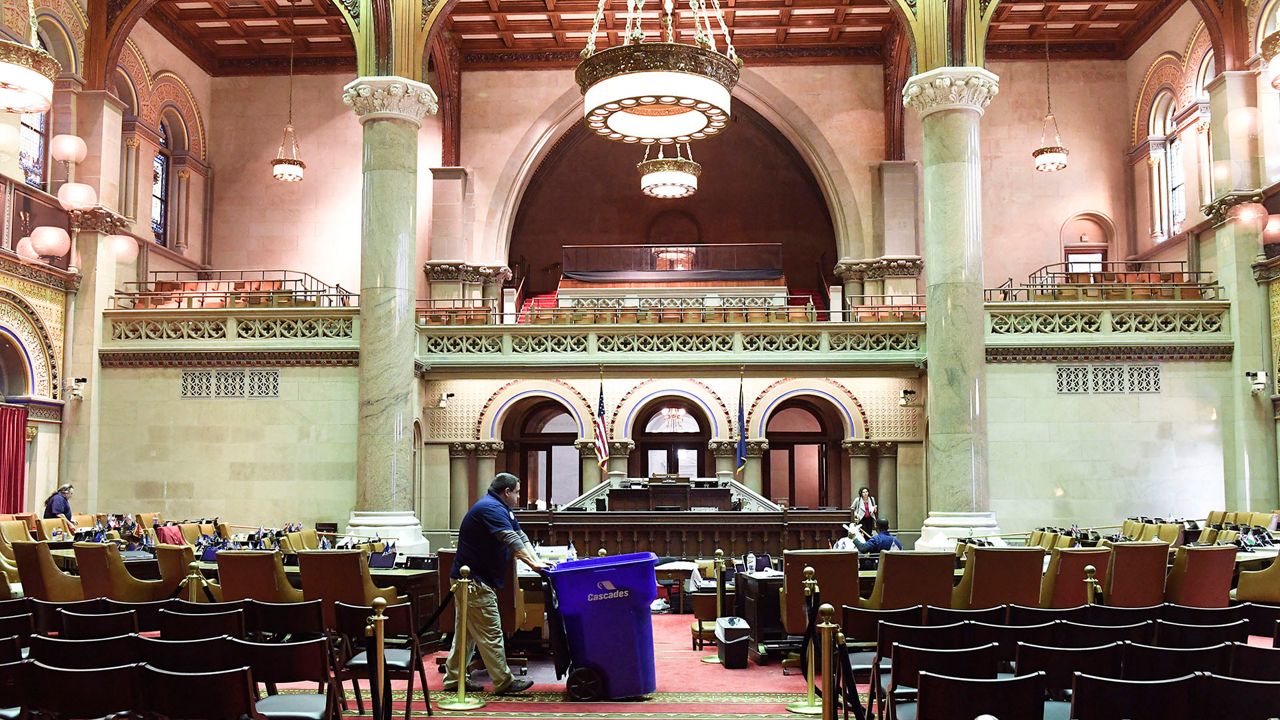Opposition in the state Legislature is growing to changes to how prescription drugs are paid for in the state's Medicaid program, with more than 40 lawmakers backing a letter to reverse the policy.
At issue is the state's plan to "carve out" Medicaid prescription drugs that advocates and lawmakers worry will hurt safety net providers that participate in what's known as the 340B program.
The program allows providers to purchase prescription drugs at a discounted price and in turn provide services like food and housing assistance to lower-income New Yorkers. Many of the prescription drugs impacted included medication for HIV and hepatitis C treatment.
State health officials have defended the changes, pointing to the $87 million in potential savings and the need to streamline the Medicaid program. The changes, part of the Medicaid Redesign panel's recommendations, are set to take effect on April 1, the start of the state's fiscal year.
But lawmakers opposing the move fear it will lead to consequences for low-income people during a pandemic.
“Community health centers and HIV/AIDS service providers have long relied on participation in the federal 340B program to help stretch resources to provide care to as many New Yorkers as possible," said Assemblywoman Linda Rosenthal.
"More than 40 of my legislative colleagues agree and signed onto a letter I co-circulated to protect 340B providers. The carve out will diminish available services to New Yorkers in need and inflict harm to communities of color, chronically ill people, and low-income New Yorkers, all while providing zero savings to the state. As we continue to battle a public health pandemic, cutting safety-net healthcare services cannot be an option. We must reverse the pharmacy benefit carve out."



